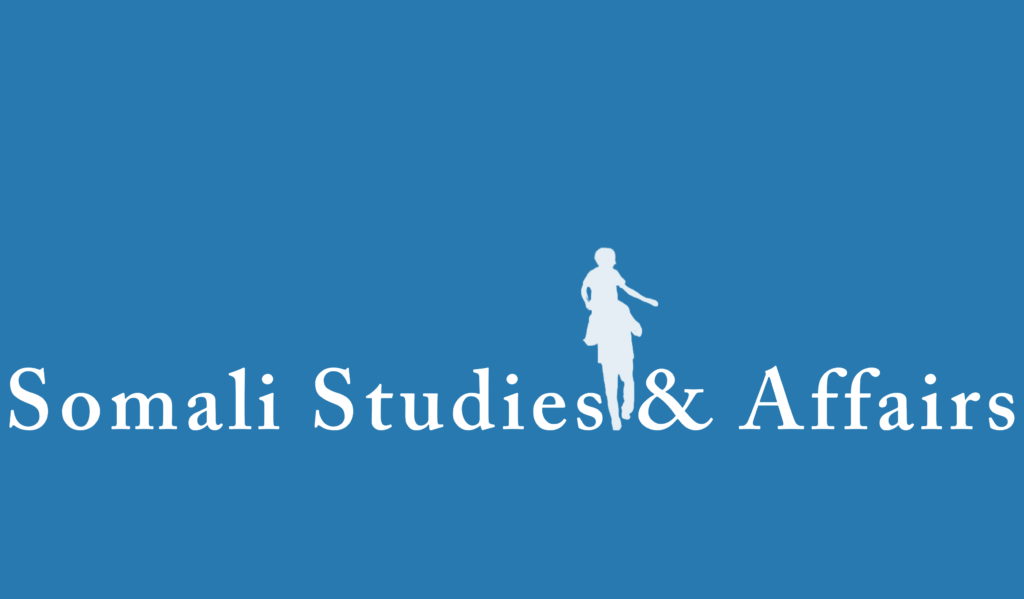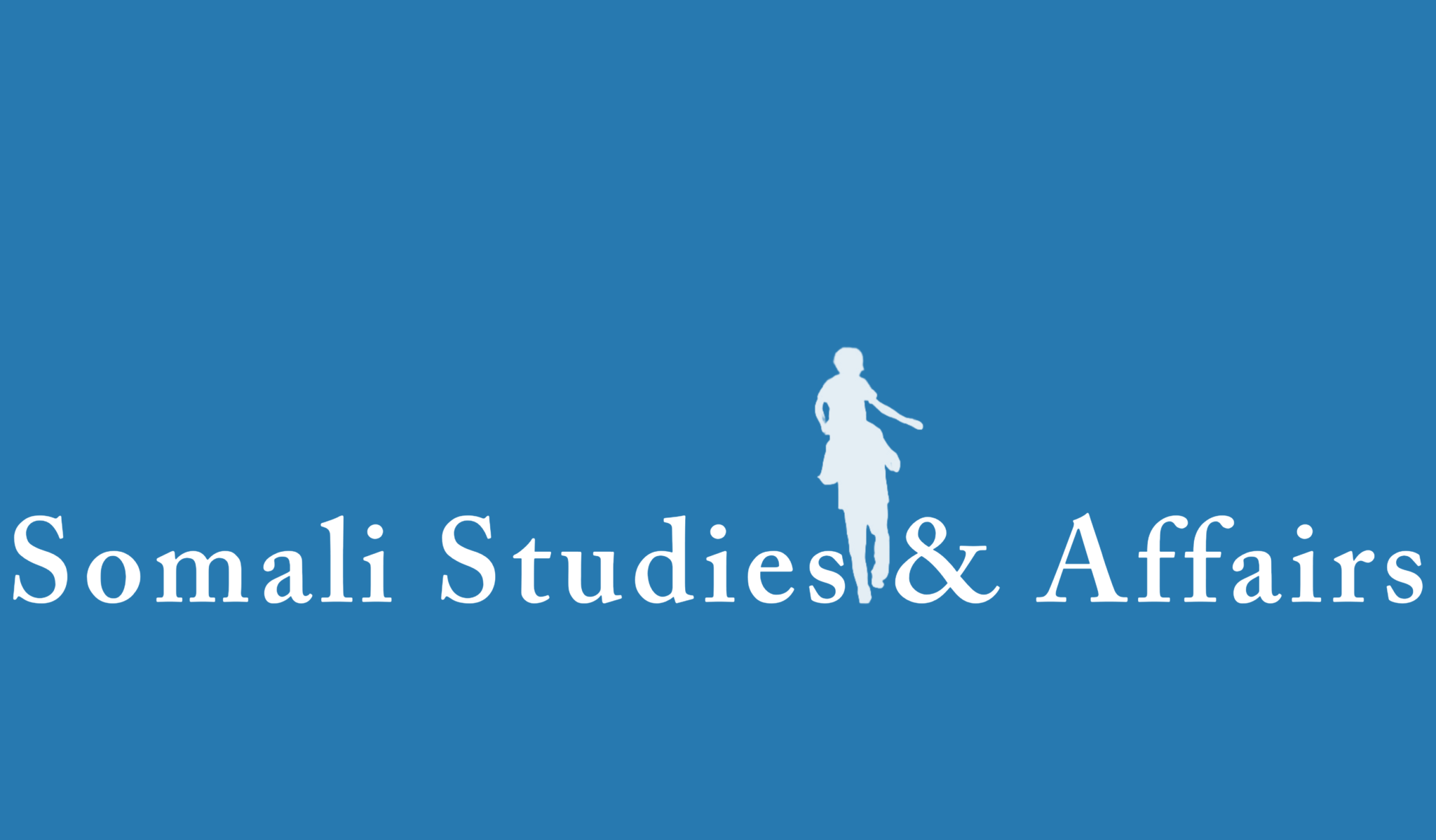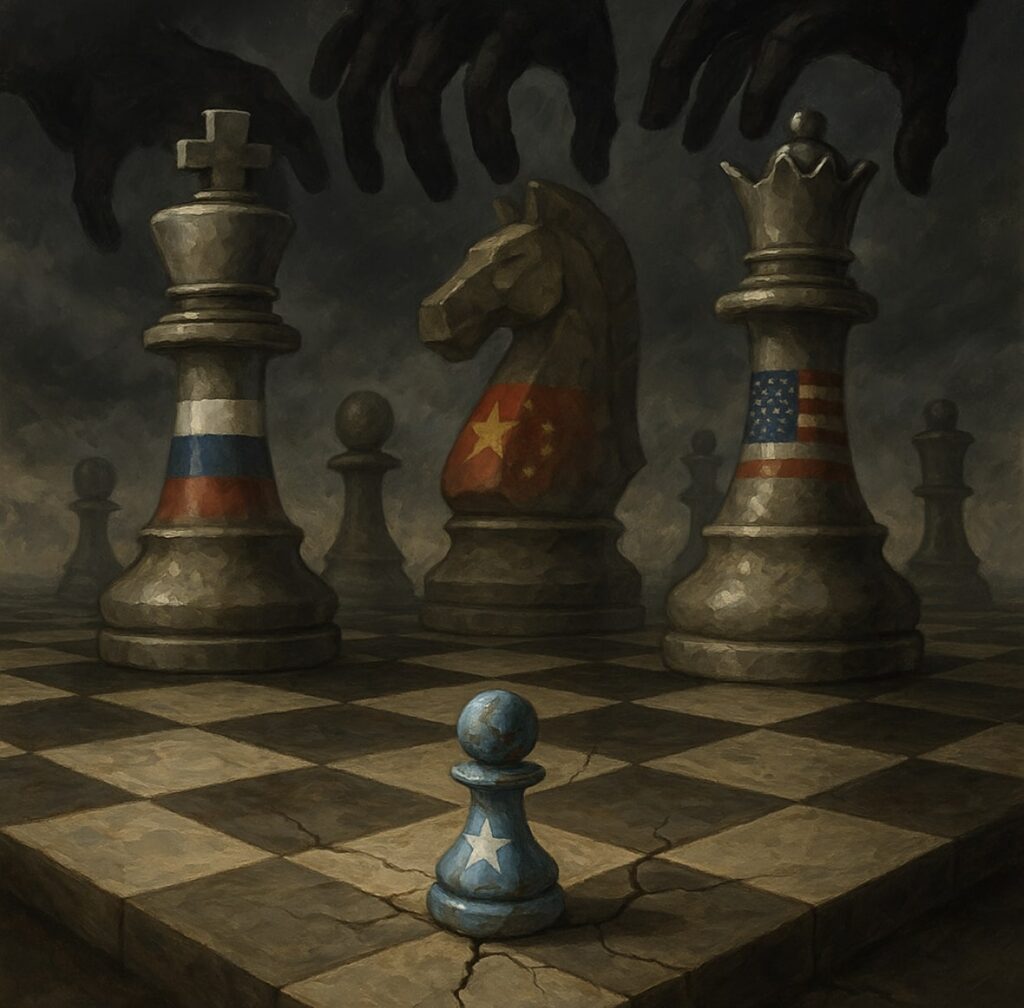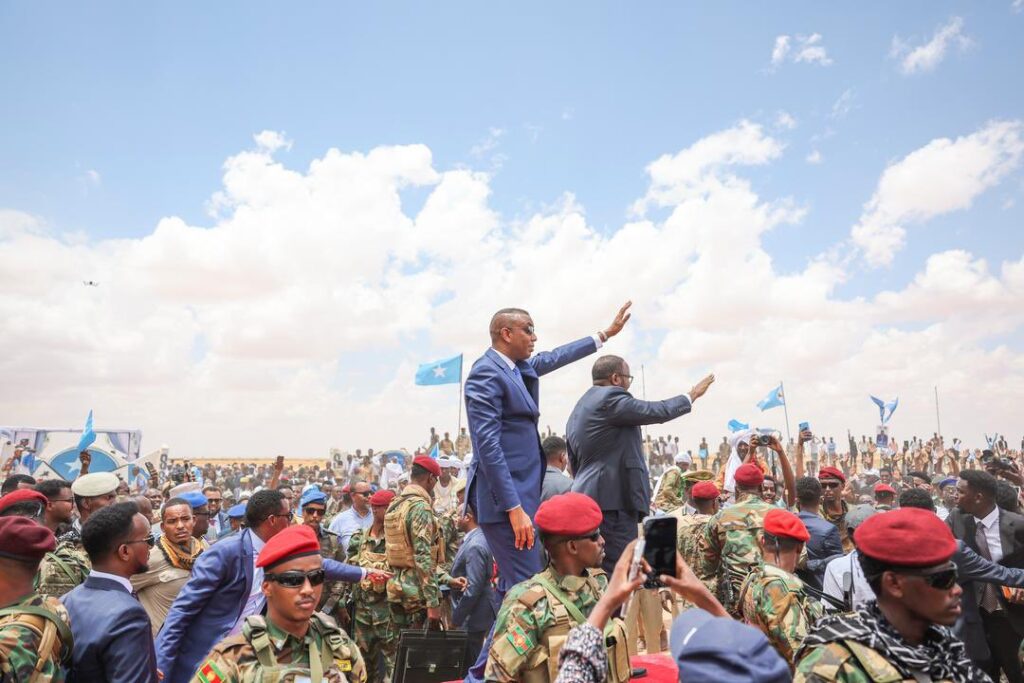In recent times, the escalating tensions between Russia and Ukraine have left the world on edge, evoking haunting echoes of past conflicts and igniting fears of a potential World War III. As geopolitical maneuvers and military posturing dominate headlines, it’s imperative to explore the root causes of this anxiety and draw lessons from history to navigate the precarious path ahead.
Current State of Affairs:
The situation in Eastern Europe remains volatile, with Russia’s annexation of Crimea in 2014 and ongoing military incursions into eastern Ukraine fueling international condemnation and concern. Tensions have further escalated in recent months, with the build-up of Russian troops along the Ukrainian border and provocative actions raising fears of a full-scale conflict.
Lessons from World Wars:
To understand the gravity of the current situation, we must heed the lessons of history, particularly from the devastations of World War I and World War II. These global conflicts, marked by unparalleled destruction and loss of life, serve as cautionary tales of the catastrophic consequences of unchecked aggression and failed diplomacy.
Lessons from World War I:
World War I, triggered by a complex web of alliances, imperial ambitions, and unresolved territorial disputes, resulted in a devastating global conflict that reshaped the geopolitical landscape. The failure of diplomatic efforts to de-escalate tensions and the rapid escalation of hostilities underscore the importance of robust diplomacy, effective conflict resolution mechanisms, and a commitment to peaceful coexistence.
Lessons from World War II:
World War II, born out of the ashes of unresolved grievances and unchecked aggression, stands as a stark reminder of the dangers of appeasement and the perils of unchecked expansionism. The failure of world powers to confront rising authoritarian regimes in the lead-up to the war highlights the importance of collective security, international cooperation, and a firm stance against aggression.
Reflections on Avoidance:
Looking back on the tumultuous events of the past, it becomes evident that many of the conflicts could have been avoided or mitigated through proactive diplomacy, principled leadership, and a commitment to upholding international norms and values. In both World Wars, missed opportunities for dialogue, appeasement of aggressors, and failure to address underlying grievances contributed to the outbreak of hostilities.
Navigating the Path Forward:
As we confront the specter of a potential World War III amidst the Russia-Ukraine crisis, it’s imperative to apply the lessons of history to chart a path forward. Robust diplomatic engagement, multilateral cooperation, and a steadfast commitment to upholding the principles of sovereignty, territorial integrity, and international law are essential in de-escalating tensions and preventing further conflict.
Conclusion:
In conclusion, the fear of World War III amidst the Russia-Ukraine crisis underscores the urgent need for diplomacy, dialogue, and principled leadership on the global stage. By drawing lessons from the devastations of World War I and World War II, we can work collectively to avoid the pitfalls of past conflicts and forge a path towards peace, stability, and mutual respect among nations. As the world stands at a critical juncture, let us heed the lessons of history and strive to build a future where dialogue triumphs over division and cooperation prevails over conflict.





